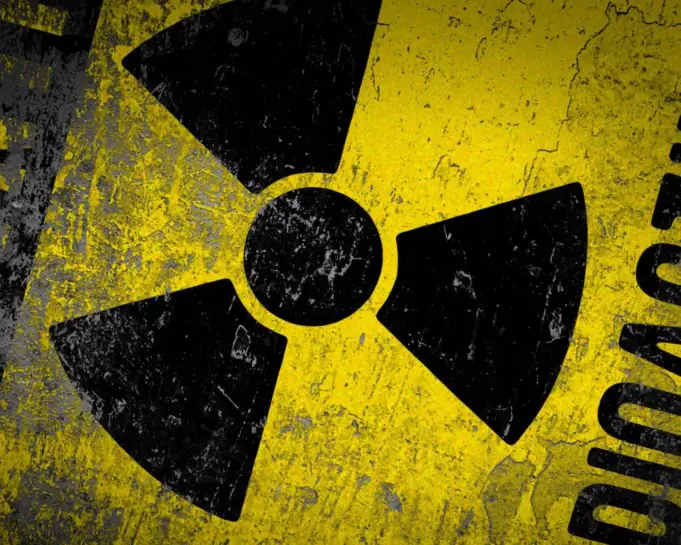That cigarette during break, the banana you had for lunch, your TV, your cellphone… Pretty commonplace things, right? No reason to be alarmed… Or should you be?
Did you know that these common, everyday objects also emit radiation? Granted, the objects mentioned above emit low levels of radiation. But accumulated radiation exposure can be enough to cause concern. Why? Studies have shown that radiation is linked to cancer and other illnesses. Therefore, knowing what sources emit radiation can help you be aware of how to curb your radiation intake.
So just how much radiation you are being exposed to daily? Here are some common sources of radiation and how to protect yourself from them.
The sun
UV radiation is one of the primary causes of skin cancer. This type of radiation comes from the sun, as well as tanning beds and other manmade sources of UV rays. Protecting yourself from UV rays is very straight forward, although often forgotten or pushed aside.
Protection involves wearing sunscreen with an SPF of 50 whenever stepping outside. The higher the SPF number, the greater percentage of rays the SPF blocks. Also, look for types of sunblock that shield for both UVA rays and UVB rays.
Radiation emitting machines
What immediately comes to mind when thinking of machines that emit radiation? X-ray machines, right? There is a good reason patients are draped with a protective apron that shields you from radiation when getting x-rayed. And leading companies have created x-ray protection aprons that hospital staff use to stay safe when taking x-ray readings.
You may not be exposed to a dose similar to what an x-ray machine emits in the presence of other machines, but the following machines emit some radiation:
- electron microscopes
- biochemical analyzers
- medical analyzers
- sanitizing devices
- sterilizing devices
- black light sources
- welding equipment
- television receivers
- accelerators
- neutron generators
- dryers
- ovens
- heaters
- alarm systems
- diathermy units
- medico-biological heaters
- microwave power generating devices
- remote control devices
Machines that emit radiation therefore must comply with the FDA regarding safety limits. To stay safe, if you buy machinery from overseas, make sure that it complies with FDA regulations regarding safe radiation levels.
Radio frequency radiation
Outside of the sun, that cellphone in your pocket might be one of the most common sources of radiation exposure today. Objects that emit any type of radio waves can be categorized as emitting non-ionizing radiation. While this is a lower level of radiation than, say, from an x-ray machine, the impact might be greater in the end due to extended contact with one’s cell phone.
How to protect yourself from over exposure to your cell phone? When at home, or at your office, place it in a charging bed instead of carrying it around in your pocket. Disconnecting from your phone has health benefits beyond lessening radiation exposure.
Long flights
Do you have an upcoming overseas trip? During a seven-hour flight, your body will absorb about the same radiation dosage as a chest X-ray. Double the flying time, and you are looking at two chest X rays.
In some countries, airline crews are considered radiation workers. And staff have health guidelines that they are encouraged to follow. To protect yourself from radiation on a long flight, eat foods rich in chlorophyll. For example, seaweed, spirulina, and kelp contain iodine and other minerals.
These minerals limit the amount of radiation that can harm body tissues. Foods rich in chlorophyll also contain antioxidants that will help prevent free radical activity. Other foods, vitamins, and minerals that one can eat to prevent the body from absorbing radiation include…
- citrus fruits, such as grapefruits, lemons, oranges
- foods rich in vitamins A, C, and E
- zinc
- selenium
Occasional contact with low levels of radiation should not set off a panic. But taking precautionary measures won’t hurt, and in fact could go far to protect your health.












